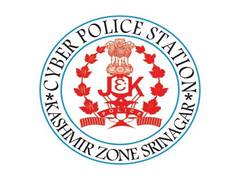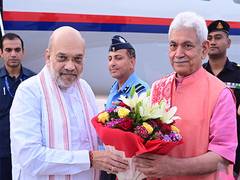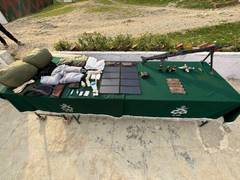UKPNP leader remembers Kashmir tribal invasion as darkest day, highlights plight of PoJK people
London [UK], October 22 (ANI): Sardar Nasir Aziz Khan, spokesperson for the United Kashmir People’s National Party (UKPNP) remembered kashmir tribal invasion and described that date ‘October 22’ as the “darkest day” in the history of Pakistan occupied Jammu and Kashmir.
He reflected on the tragic events that unfolded in 1947 when armed tribals, supported by Pakistan, invaded the region, resulting in widespread violence and displacement.
Further, Khan emphasised that this invasion not only sowed the seeds of division and bloodshed but has also caused lasting devastation that continues to affect generations.
In a post on X, he stated, “October 22, 1947 – the darkest day in Jammu and Kashmir’s history. The tribal invasion by Pakistan unleashed forced division, bloodshed, and destruction that reverberate to this day.”
Khan’s remarks are particularly resonant in light of ongoing violence in the region, exemplified by the recent tragic shooting of Syed Adeel Naqvi, a resident of Haveli Kahota in Pakistan-occupied Jammu and Kashmir.
This incident has heightened concerns about the safety and security of Kashmiri civilians, who continue to live in a climate of fear and instability. Condemning the tragic killing of Syed, Nasir called for urgent intervention from the United Nations to ensure the protection of Kashmiri civilians.
Human rights organisations have documented numerous abuses in PoJK, including arbitrary detentions, enforced disappearances, and limitations on freedom of expression.
The lack of accountability for these violations has left many families in a perpetual state of anxiety and despair, exacerbating the humanitarian crisis in the region.
Notably, several activists advocating for human rights in the region have been detained without formal charges, with some remaining in custody for extended periods without access to legal representation.
In addition, enforced disappearances have been reported, where individuals, often activists or vocal critics of the government, have been vanished without a trace.
The targets are frequently activists, journalists, or others who challenge the status quo, indicating a systematic effort to silence dissenting voices.
The absence of accountability for such actions has fostered a culture of impunity, where perpetrators feel emboldened to continue these practices without fear of repercussions.






